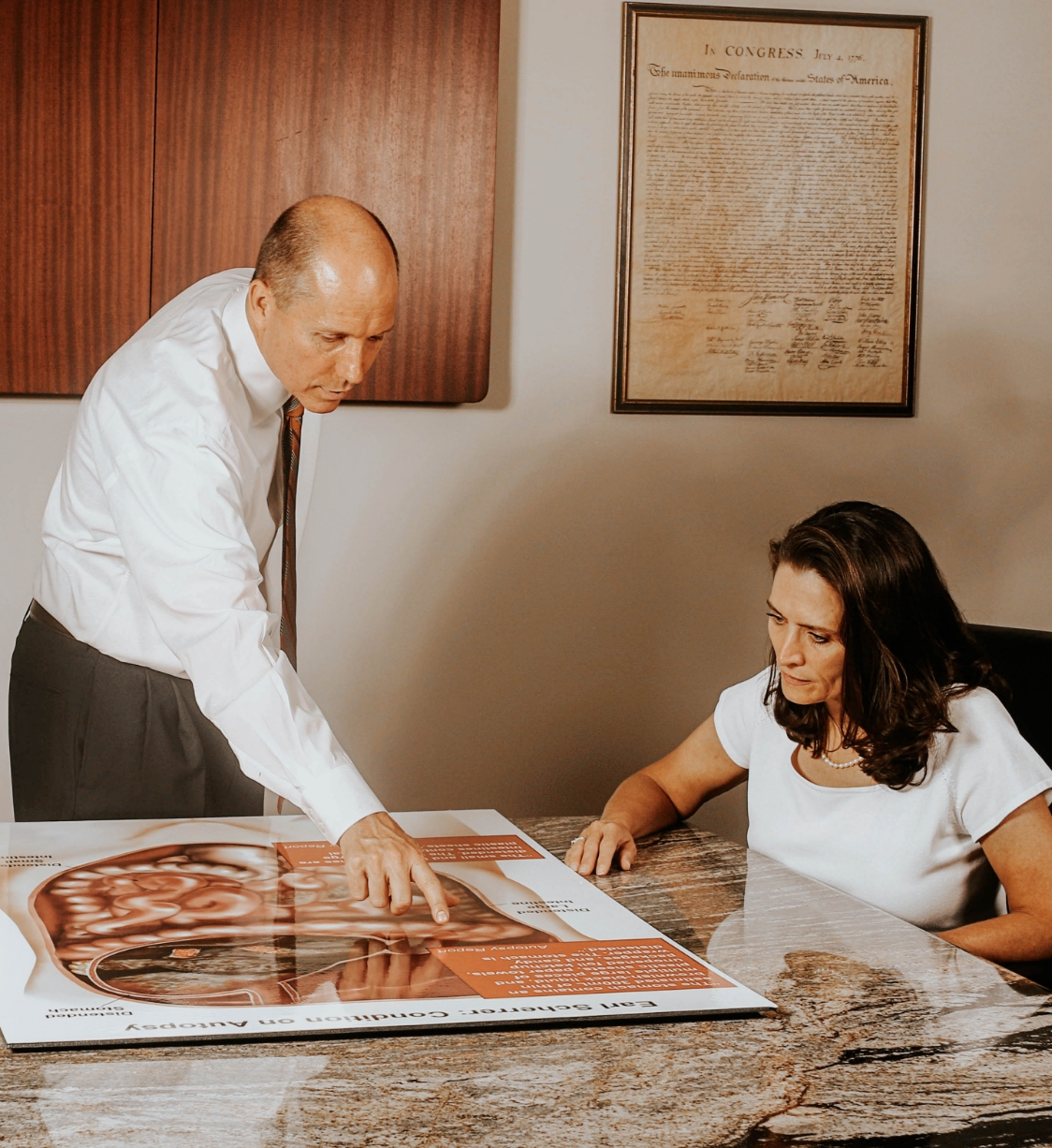
Medical malpractice is among the top three leading causes of death in the United States — just after heart disease and cancer.
That’s a pretty frightening statistic. But aside from the hype about the number of malpractice law suits in the nation, very few medical errors result in compensation awards to the victims. In fact, very few are ever reported.
In excess of 3 billion was paid out on malpractice claims in 2012, but that represented only a minuscule percentage of the cases of irreparable health damage and wrongful death at the hands of negligent doctors and hospitals. Don’t be part of the percentage that gets overlooked. If your injury is a direct result of an emergency room mistake, surgical error, or any negligent behavior, call our Phoenix medical malpractice lawyers today to discuss the details of your medical malpractice case.
What is Medical Malpractice?
Medical malpractice in Arizona, also called medical negligence, is when a doctor, hospital, or other healthcare provider fails to provide the standard of care expected of any reasonably competent member of the Arizona medical professional community in the same specialty, when providing treatment to a similar patient in similar circumstances, and causes the patient to suffer an injury or death.
It can be an act of commission—doing something that causes the injury, or omission—failing to perform some test, treatment, or type of care that should have been provided. When medical professionals can be proven to have breached this standard of care, he or she may be held liable for medical malpractice, and the injured patient or bereaved family may be able to receive monetary compensation for damages to their finances, emotional well being, and quality of life.


